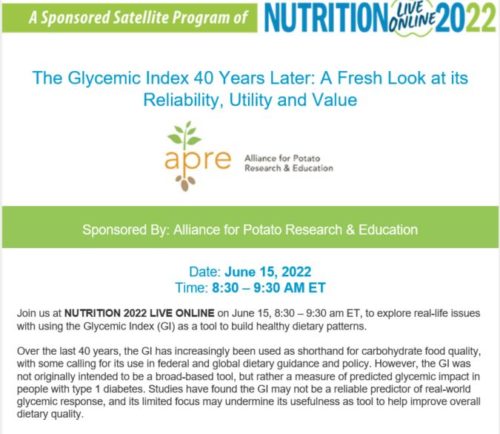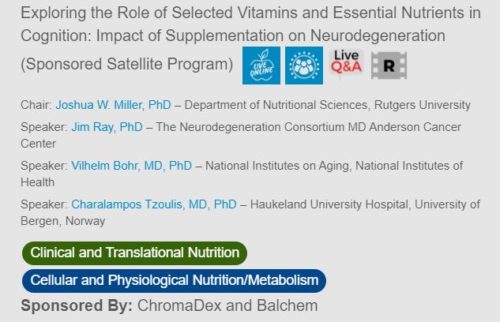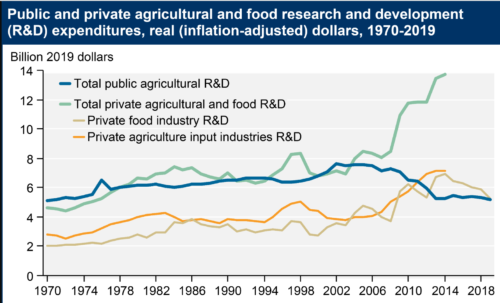Industry-funded study of the week: Peanuts
Thanks to Lisa Young and three other readers for sending along this one.
The press release: New Research Finds Consumption of Peanuts Supports Weight Loss, Lowers Blood Pressure and Improves Glucose Levels
The Study: Petersen, K.S.; Murphy, J.; Whitbread, J.; Clifton, P.M.; Keogh, J.B. The Effect of a Peanut-Enriched Weight Loss Diet Compared to a Low-Fat Weight Loss Diet on Body Weight, Blood Pressure, and Glycemic Control: A Randomized Controlled Trial. Nutrients 2022, 14, 2986. https://doi.org/10.3390/nu14142986.
Conclusion: Intake of 35 g of peanuts prior to two main meals per day, in the context of an energy-restricted diet, resulted in weight loss comparable to a traditional low-fat weight loss diet without preloads. Greater systolic blood pressure reductions were observed with peanut intake, which may lower cardiovascular disease risk.
Funding: This research was funded by The Peanut Institute…The funder had no role in the design of the study; in the collection, analyses, or interpretation of data; in the writing of the manuscript; or in the decision to publish the results.
Conflicts of Interest: J.B.K., P.M.C. and K.S.P. received a grant from The Peanut Institute to conduct this study. The funder had no role in the design of the study; in the collection, analyses, or interpretation of data; in the writing of the manuscript; or in the decision to publish the results.
Comment: The funder had no role? That’s what they all say. That may be true in this instance, but but much research demonstrates otherwise, and funders are unlikely to pay for studies that might give them unfavorable results.
The underlying purpose of this study was to demonstrate that if you are on a weight-loss diet, you can eat lots of peanuts and still lose weight: “70 g/d of peanuts may be included in an energy-restricted weight loss diet without attenuating weight loss over a 6-month period.” Of course you can, if you stick to a low-calorie diet.
I’m all for eating nuts. Substituting them for ultra-processed snack foods is a reasonable approach to dieting, but don’t expect to lose any more weight eating nuts than from any other source of calories. This is a marketing study, aimed at encouraging you to eat more peanuts.




